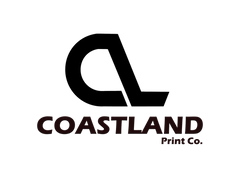Private Labeling Guide
Apparel private labeling involves manufacturing clothing or fashion items and labeling them with a brand's custom label or tag instead of the manufacturer's label. Here's a breakdown of the process:
-
Product Selection or Customization: Brands or retailers choose the types of clothing they want to sell. They might select existing designs from a manufacturer's catalog or customize the clothing with unique features, fabrics, colors, or designs.
-
Branding and Labeling: The brand's logo, name, and other identifying information are added to the apparel through custom labeling. This could include neck labels, hang tags, or other forms of branding to make the clothing uniquely theirs.
-
Manufacturing: The clothing is produced by a manufacturer or a clothing supplier according to the specifications provided by the brand. This can include size ranges, quantities, and specific design elements.
-
Quality Control: Throughout the manufacturing process, quality checks are performed to ensure that the clothing meets the brand's standards in terms of design, stitching, fabric quality, and overall finish.
-
Packaging and Distribution: Once the apparel is manufactured, it's packaged and prepared for shipping. It can be shipped directly to the brand's distribution center or to customers, depending on the distribution model.
Private labeling allows brands to sell clothing under their own name or brand identity without the need to manufacture the items themselves. It provides flexibility in design and branding while allowing brands to focus on marketing, sales, and building their unique brand image in the market.
Sorry, there are no products here.
Reset